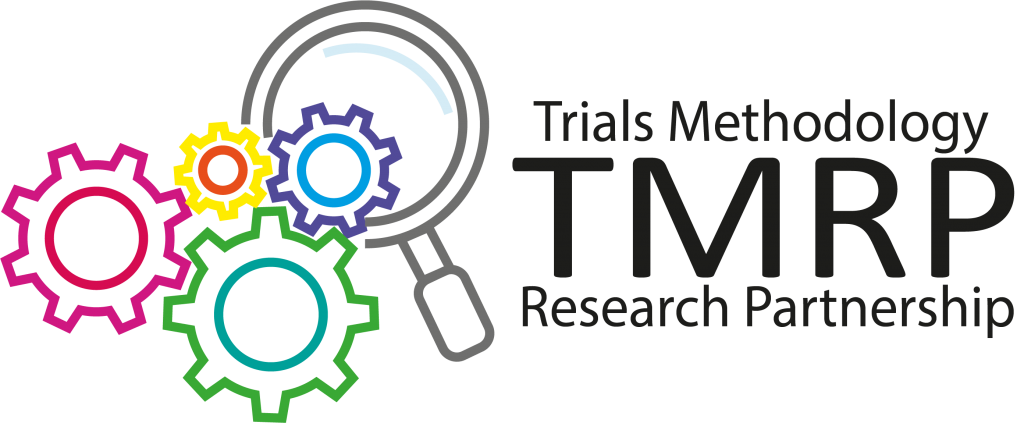Improving Trial Diversity
What is Improving Trial Diversity
Trial teams need to do everything possible to make their trial relevant to the people for whom the results are intended to apply (often patients) and those expected to apply them (often healthcare professionals).
Trial Forge is working on a number of initiatives to improve diversity in trials; see the submenus under ‘Improving trial diversity’ above). We are developing a series of frameworks to help trial teams think about how their trial might make it easier or more difficult for some people to take part in a trial. These frameworks aim to help trial teams think carefully about which groups should be included in their trial for its results to be widely applicable, and what challenges there may be to making this possible. Having identified potential challenges, the trial team can then consider ways to reduce those challenges. For this to work best, the frameworks need to be used at the trial design stage before funding is in place. More details of these are available from the drop-down menu that appears when you hover your mouse over the ‘Improving trial diversity‘ menu item.
Our frameworks are linked to the INCLUDE initiative from the UK’s National Institute for Health and Care Research (NIHR), which aims to improve trial delivery for under-served groups. This will improve the applicability of the trial results and be in line with Principle 13 of the Declaration of Helsinki (‘Groups that are underrepresented in medical research should be provided appropriate access to participation in research.’)
Read a blog on INCLUDE– The forgotten, the ignored and the under-served – trials cannot continue to fail large parts of society. We have also written an editorial on the importance of considering the potential for differences in treatment effect by sex – Another Brick in the Wall … no More! Breaking the Sex Bias.
We have also developed guidance to support recruitment and retention of ethnic minority individuals to trials, are working with others to improve recording of ethnicity data and a PhD student, Azar Alexander-Sefre, is working on a project that acknowledges intersectionality and aims to bring our frameworks together. This is important because it isn’t really sensible ot consider factors in isolation and trial teams will quickly be overwhelmed if the number of frameworks continues to increase.
COLLABORATORS
This work been a collaboration between Trial Forge, INCLUDE and the following networks and groups.




